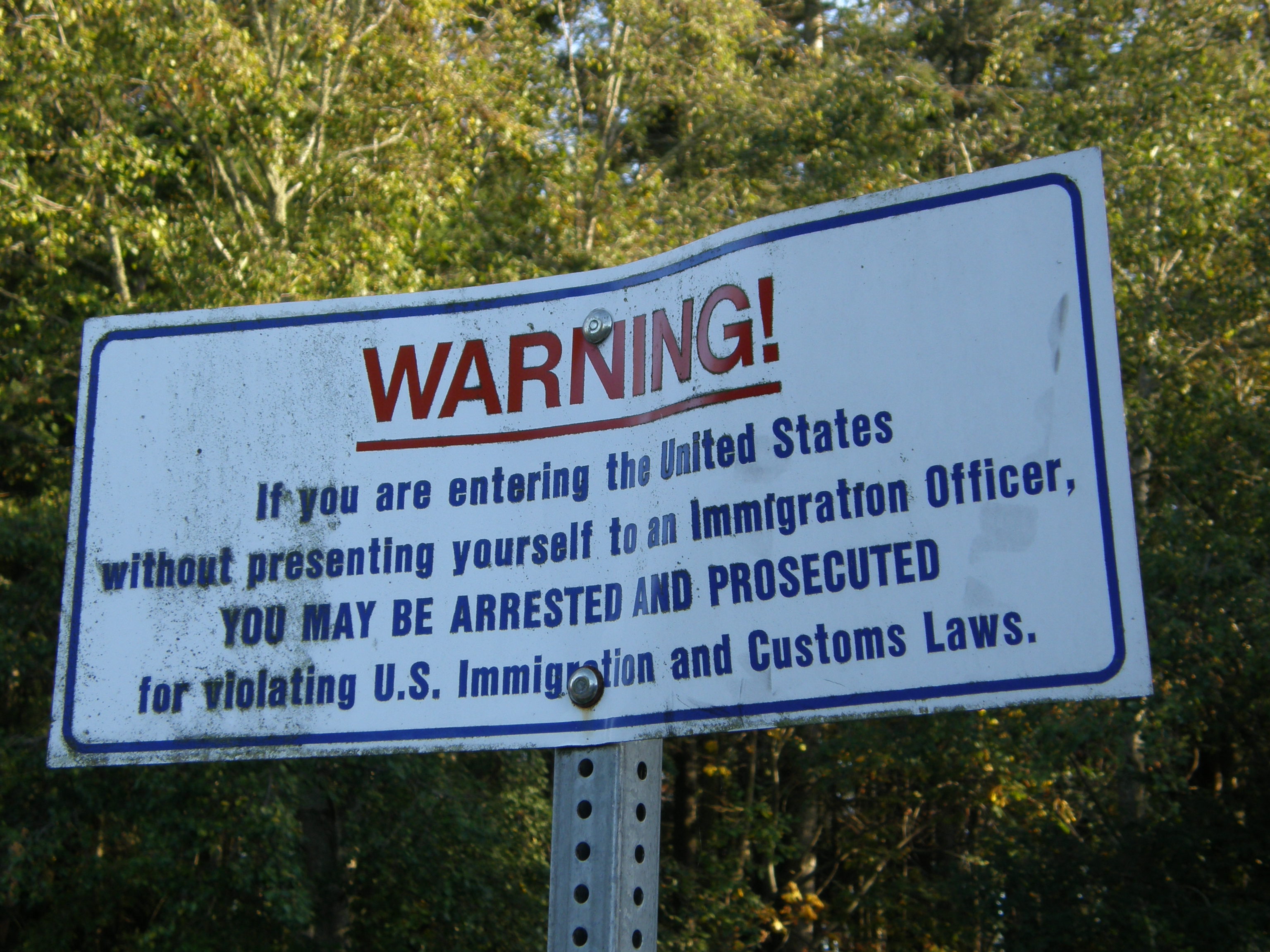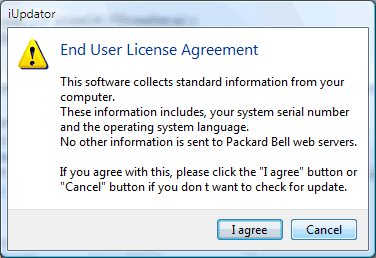
When doing business on the Web, there are many more factors that impact the decisions of the company than may meet the eye. One of the biggest factors is where you are wanting to do business, since in each location a business plans to operate, they must know the laws of the land for that area so they operate in an ethical and legal manner. Otherwise, they may face fines or even jail time for unlawful actions that occur in the business's online operations, even if they do not know they commit a crime.
In the physical world, borders serve a very important purpose which is to let you know when there is a change in the location you are in. This change may be seen in the laws, culture, or ethical standards. In the change from one country to another, there may even be a change of currency and other aspects. The culture, laws, and ethics relationship is shown below.
There are four elements that define the relationship between geographic and legal boundaries: power, effects, legitimacy, and notice.
Power is the control a governing body has over a physical set of boundaries. Jurisdiction, however, is the ability that body has to exert control over a person or corporation residing in that set of boundaries. In the physical world, laws in one jurisdiction only affect those people or organizations that reside there. On the Web, however, the jurisdiction is harder to control since there may be people from other countries on the site, and businesses must make sure there is no content on the site that is against the laws of another country.
The laws of one country have a greater impact on those living closest to the government that makes those laws, and the further away people or companies reside, the less impact the laws have. Often times the laws that are put in place are put in place so that when they are broken, the punishment for that crime is to be expected. Therefore, the legitimate right to create and enforce a law is granted to those who are subject to the law. People living in a specific area (city, town, village, etc.) are the ultimate souce of authority of those in the set boundaries. For example, here in the U.S., we have the right to vote for what laws are being put in place (although our vote may be part of the minority, and therefore not be the result we are hoping for), but in some countries this is not possible.
When you exit one set of physical boundaries into another, you will usually see a sign of notice, or the expression of a change in the laws you are subject to. You may also be subject to constructive notice in which a person may not be warned that the laws have changed. Not knowing this is not considered a reasonable defense if you are caught breaking one or more laws. This can pose a difficulty to businesses who are operating online since, as mentioned above, they may not know that someone from another country may be on their site, unless the business uses a filter that blocks users from specific countries.

Defining, establishing, and asserting jurisdiction on the Internet is much more difficult than in the physical world simply because traditional geographic boundaries do not exist. Governments that want to enforce laws regarding business conduct on the Internet must establish jurisdiction over that conduct. A contract is a promise or set of promises between two or more legal entities providing for an exchange in value between or among them. If either entity does not comply with the terms of the contract, the other party can sue for failure to comply, which is referred to as a breach of contract. A tort is an intentional or negligent action taken by a legal entity that causes harm to another legal entity.
On the Web, jurisdiction is much harder to implement than it is in the physical world since there are no physical boundaries. Governments often use contracts, or a set of promises that provide for an exchange of value between or among two or more legal parties. A breach of contract occurs when one entity does not follow through with the terms of the contract. When one legal entity takes action that is intentionally meant to cause harm to another entity, it is known as tort. There are two forms of jurisdiction: suject-matter jurisdiction, which is the court's authority to decide a dispute, and the rules for determining the court's eligibility for this type of jurisdiction are slear and easy to apply; and personal jurisdiction, which is determined by the residence of those involved in the dispute. In the U.S., each state has its own laws used to determine personal jurisdiction, and even though they vary by state, they generally create personal jurisdiction for those who either do business in or commit tortious acts in that state.
International jurisdiction is even more complex, and is governed by treaties signed by the countries engaging in the dispute. Courts asked to enforce the laws of other nations sometimes follow a principle called judicial comity, which means that they voluntarily enforce other countries' laws or judgments out of a sense of comity, or frendly civility.
One of the most common problems that occur in almost any country is the conflict of the laws of the federal, state, or local governments. Many times, the citizens of an area may be governed by the laws of that area, but there may be a law that negates the effects of the local law.
Contracts include three basic elements, which are the offer, the acceptance, and the considerations. When one entity accepts another entities offer, the contract is in place. There can also be a implied contract when two or more parties agree on terms that may not have been written down. There are multiple ways in which offers and acceptances can occur, such as by e-mail, through EDI, or online forms.
Contracts are also included in software sold today. The user must accept the contract in order to install the software. These contracts are called EULAs, or end-user license agreements, and often appear as part of the software installation process.

Contracts that are formed can be valid even if not in writing. The only exception to this in the U.S. is if the item is worth more than $500 or if the actions in the contract take more than one year to complete; then the contract must be in writing. For it to be in writing does not require the use of a pen or paper, but as long as it is in a form that can be seen and touched.
Another issue involved with contracts is the implication of warranties. Any contract includes an implied warranty that the item being sold is in good working order to be used for its specific purpose. Some companies may have a warranty disclaimer stating that they will not honor implied warranties; this must be made clear to the comsumer.
One of the issues that arises on the Internet is making sure the parties forming a contract have that authority. The good thing is that in the same way that imposters can illegally form contracts online, the Internet can be used to make sure this does not happen. Determining whether an individual has the authority to commit a company to an online contract is a greater problem than forged IDs in e-commerce. This issue is called authority to bind, and it can arise when an employee of a company accepts a contract and the company later asserts that the employee did not have such authority.
One of the most known features of many sites is the terms of service page, which lists the rules that the users of the site are to follow there, and the implications if they do not follow them.